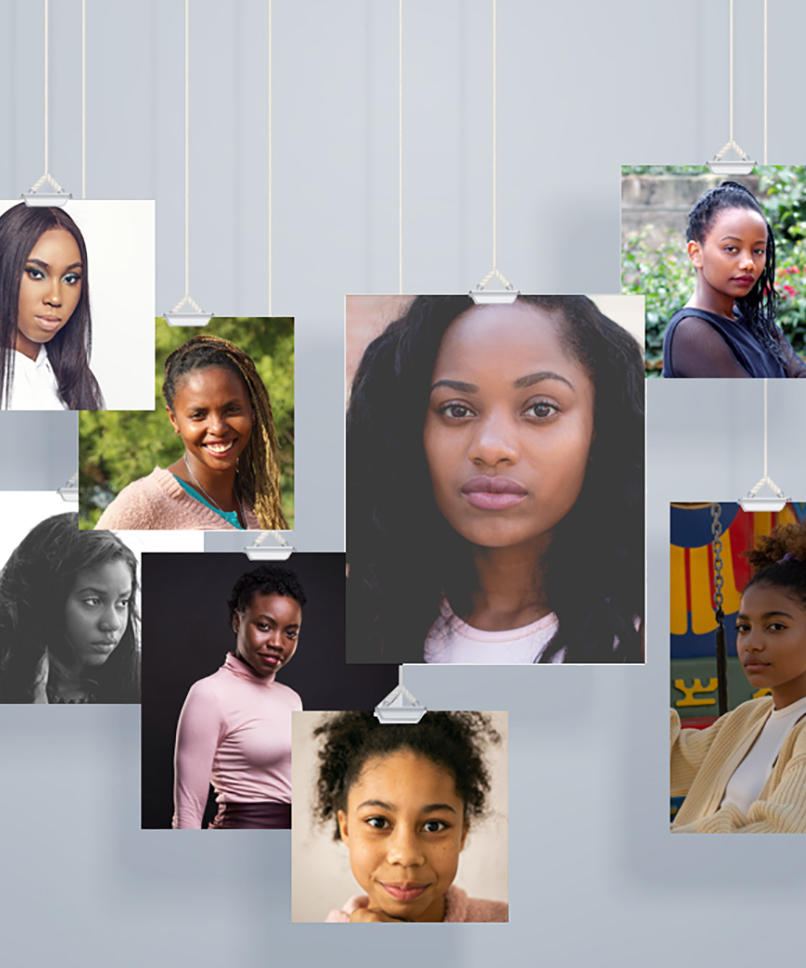Study: Black girls’ health ‘heavily impacted’ by COVID
Study: Black girls’ health ‘heavily impacted’ by COVID

The physical, psychological and sexual development of Black adolescent girls has been “heavily impacted” by the COVID-19 pandemic, says UIC College of Nursing assistant professor Natasha Crooks, PhD, RN.
Crooks published a recent paper, titled “The Impact of COVID-19 Among Black Girls: A Social-Ecological Perspective,” in the Journal of Pediatric Psychology, reporting on the findings of a qualitative study that featured interviews with 25 Black girls—ages 9 to 18—from December 2020 to April 2021. Most participants reported significant psychological and physical consequences, including depression and anxiety, disrupted eating, distorted body image, and changes in self-esteem.
“Black girls are a very vulnerable and unprotected population, especially within the context of COVID,” Crooks says. “I thought it was a really critical question to be asking youth: How has this impacted their perceptions of self?”
Black girls are particularly vulnerable because they enter puberty and develop secondary sex characteristics earlier than their non-Black peers, according to the paper, causing them to suffer from “adultification” and “sexualization by society.” This can lead to elevated sexual and mental health risks.
Crooks found that only two of the girls in the study received any formal sexual education during the pandemic, as schools opted to delay teaching sex education during online learning due to the sensitive nature of the topic.
“Missing such a critical component of education was alarming to me,” she says. “This is a critical period in their life. Just because the world stops, doesn’t mean their bodies stop growing and evolving.”
Social media also played an outsized role in the girls’ lives as they found themselves isolated from peers during quarantine. Some girls struggled with body image issues and eating disorders, Crooks says.
“They were sitting in their houses watching TV, or they were on social media sites like Instagram or Tik Tok, so they were constantly exposed to overly-sexualized, unrealistic expectations for what their bodies are supposed to look like,” Crooks says.
Conversely, a majority of the participants said the isolation and reduction in peer interactions allowed them to engage in emotional healing and self-discovery, independent from peer pressure.
The pandemic also intersected with the Black Lives Matters movement. As the participants increasingly turned to media in lieu of social interactions, they saw mistreatment of Black people by police, including the murders of Breonna Taylor and George Floyd, nationally broadcasted. These messages led to mixed feelings among the participants.
“A lot of what the girls talked about was feeling empowered to be Black and having a sense of pride within their identities,” Crooks says. “On the other hand, there was fear that came with color of their skin – fear of being harmed themselves, or their fathers, brothers or other family members being hurt. There was this constant fear and threat to Black families.”
Crooks says her research shows the need for more school-based programming to bridge the gap in sexual health education in schools, as well as the need for family interventions to instill protective strategies in Black girls to help them be prepared to handle threatening situations.